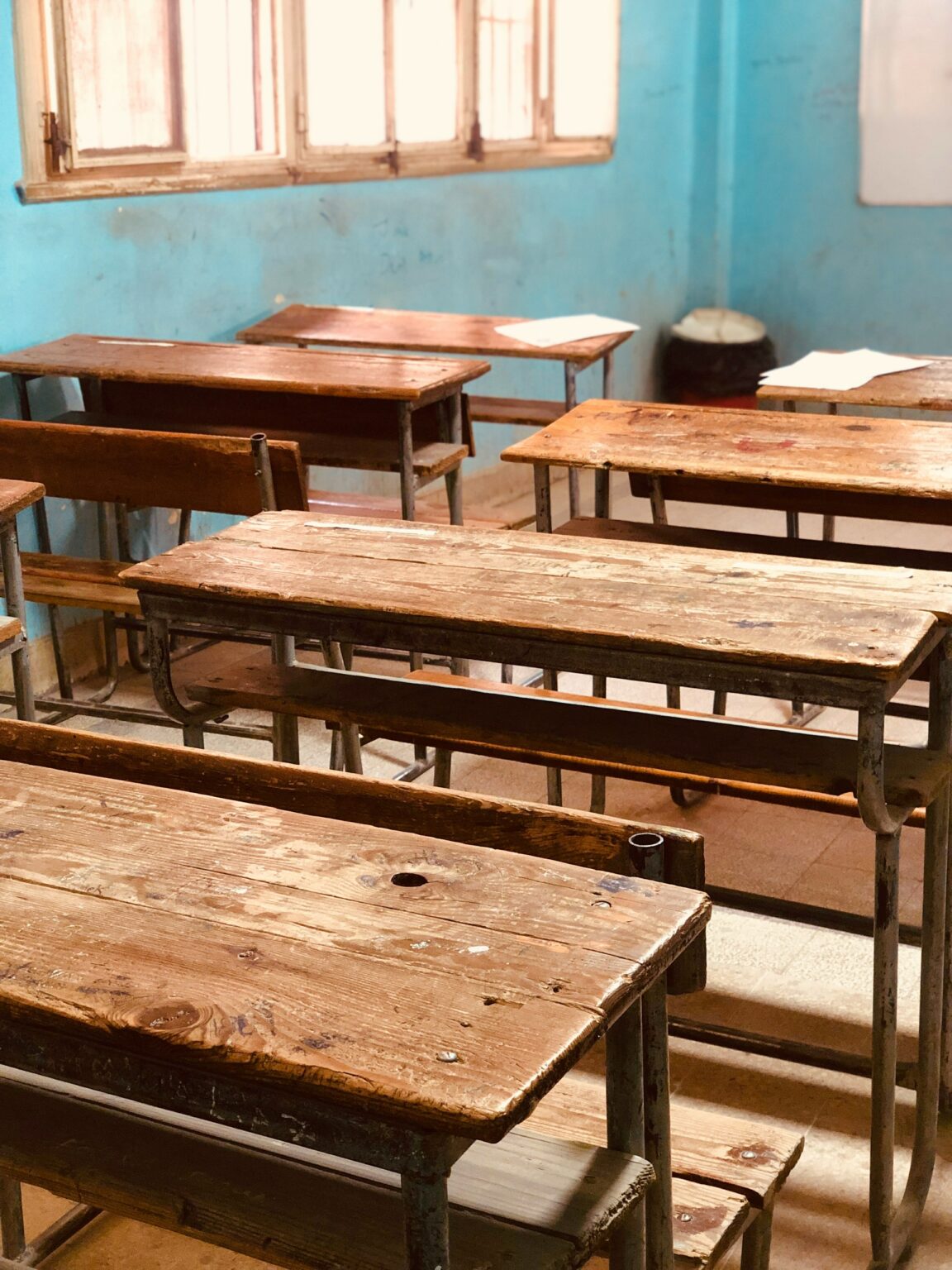Egypt- In a resolute stride towards revolutionizing its education system, Egypt is actively immersed in executing public-private partnership (PPP) initiatives, placing specific emphasis on the transformative EDU 2.0 program. Under the leadership of Finance Minister Mohamed Maait, this ambitious endeavor is geared towards establishing 1,000 distinguished language schools by the year 2030, harnessing collaborative efforts with the private sector.
The second phase of this national project, dedicated to the establishment and operation of 1,000 distinguished language schools under the PPP framework, has ignited considerable interest from both Egyptian and Arab investors. Minister Maait underscored the escalating demand, prompting the reopening of the pre-qualification process for investors until May 25. This phase assumes a pivotal role in alleviating the student density in public language schools while concurrently providing affordable, top-tier education in urban areas and emerging communities.
Ater Hanoura, Head of the Central Unit for Partnership with the Private Sector at the Ministry of Finance, has reiterated the government’s unwavering commitment to fostering collaborations with the private sector. The extension of the PPP system to various developmental sectors, spanning from seawater desalination to sewage treatment plants and dry ports, underscores a holistic approach to sustainable development.
The EDU 2.0 program, spanning from 2018 to 2030, stands out for its distinctive features. Departing from conventional government-led initiatives, it strategically leverages the PPP system to engage private entities in the establishment and operation of distinguished language schools. This unique approach ensures a symbiosis of public resources and private expertise, thereby enhancing operational efficiency and elevating educational quality.
The program’s pronounced focus on distinguished language schools sets it apart, aiming to provide high-quality education that transcends the standards of official experimental schools while remaining economically accessible for middle-income students. The delicate equilibrium between quality and affordability is a fundamental aspect of EDU 2.0, aligning seamlessly with the government’s commitment to fostering job-rich economic growth and sustainable development.
Furthermore, the initiative places a strong emphasis on cultivating innovation and creativity among students. Through the introduction of novel learning approaches, EDU 2.0 aspires to equip students with the skills needed to navigate the challenges of a rapidly evolving world, transcending the confines of traditional teaching methods.
From a financial perspective, Egypt sustains the EDU 2.0 program through a multifaceted approach. Government budget allocation plays a pivotal role, earmarking specific funds for the establishment and operation of distinguished language schools. Integral to this funding mix are public-private partnerships, with private entities investing in construction, management, and maintenance in exchange for potential revenue streams. International aid and loans, revenue generation via tuition fees, and efficient financial management practices further contribute to the sustainability of the initiative.
As the momentum of the EDU 2.0 program builds, it signifies a substantial leap towards a comprehensive transformation of Egypt’s educational landscape. The collaborative endeavors between the government and the private sector, coupled with an unwavering focus on quality, affordability, and innovation, position the initiative as a pivotal force propelling the nation towards its sustainable development goals.



